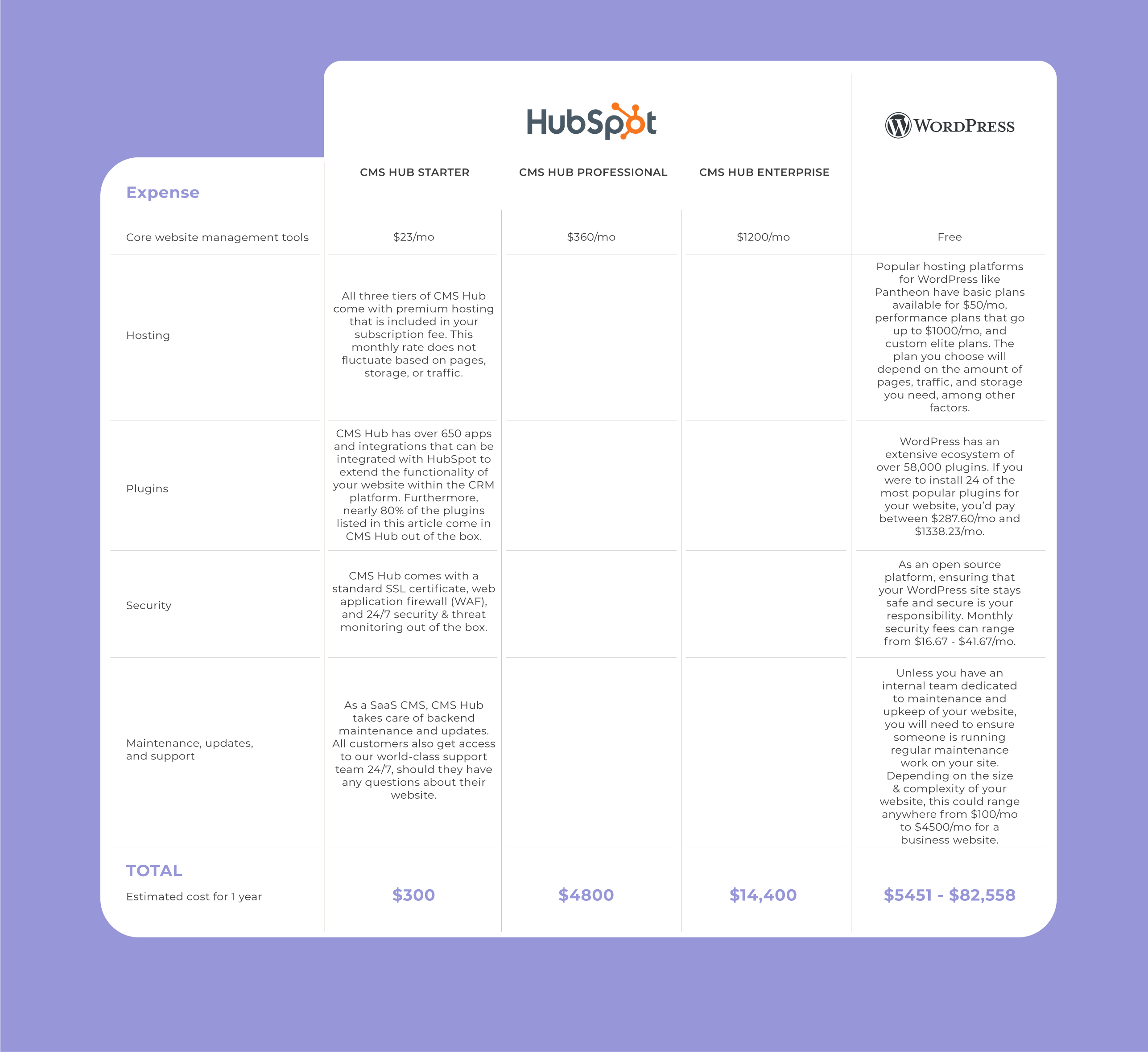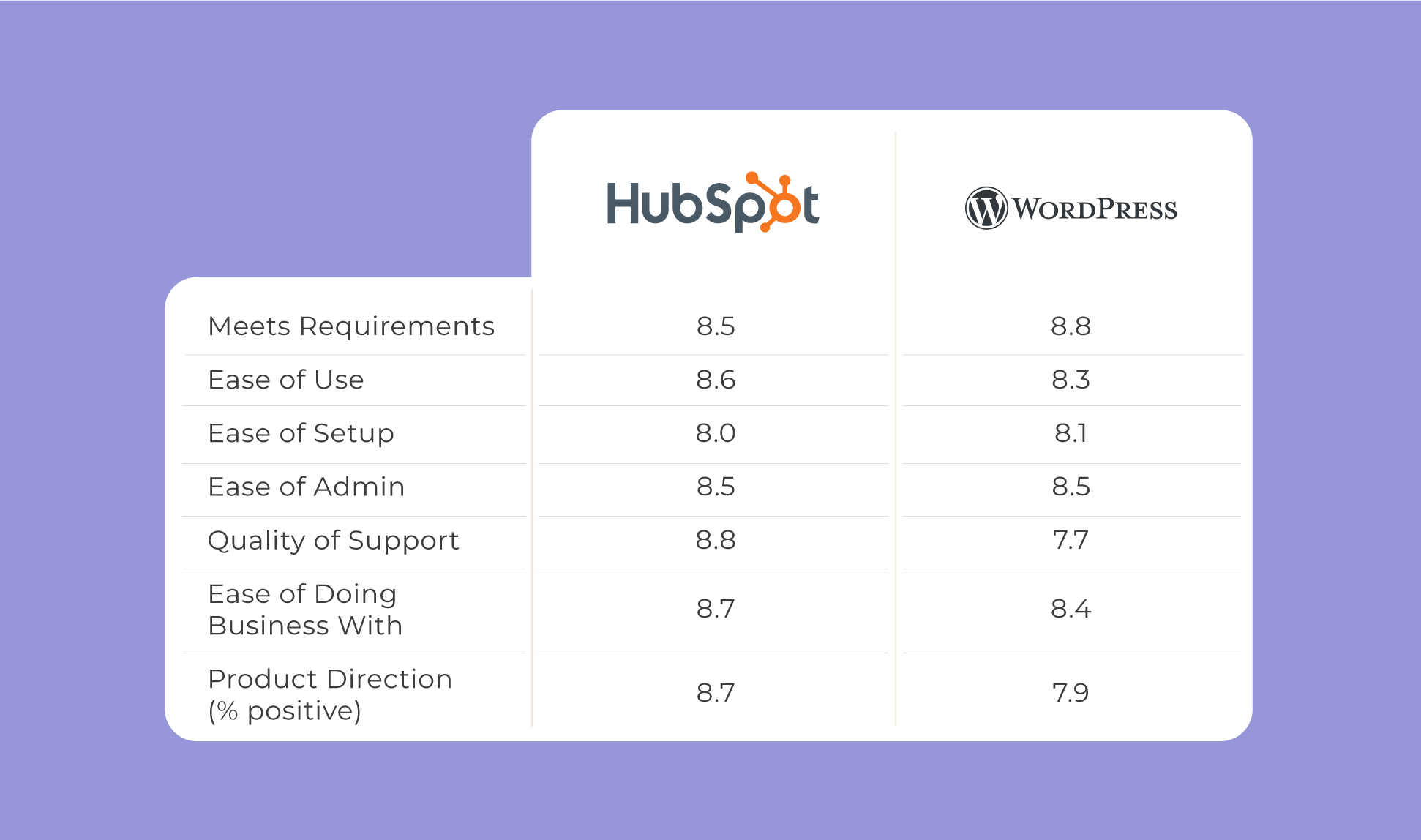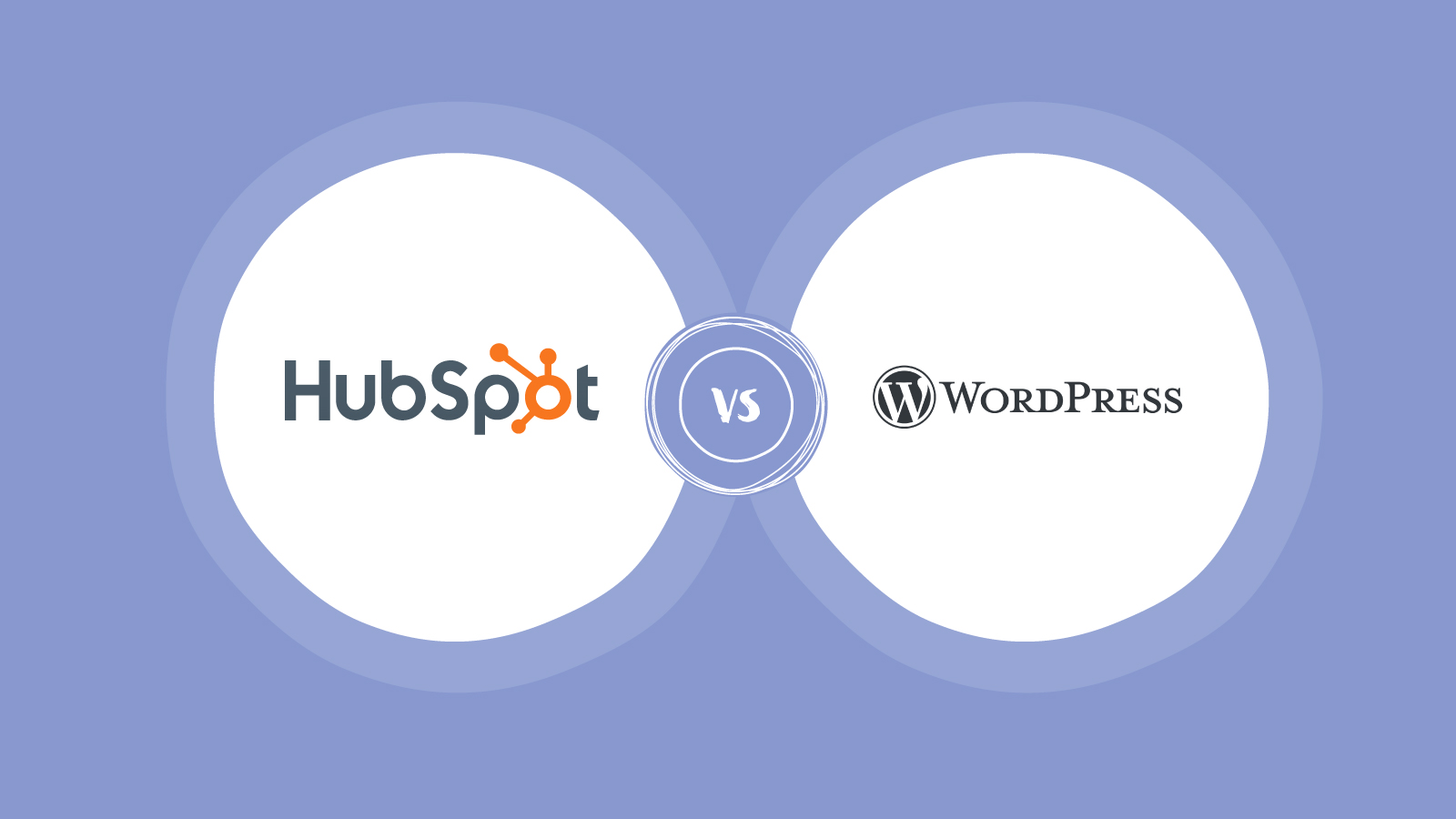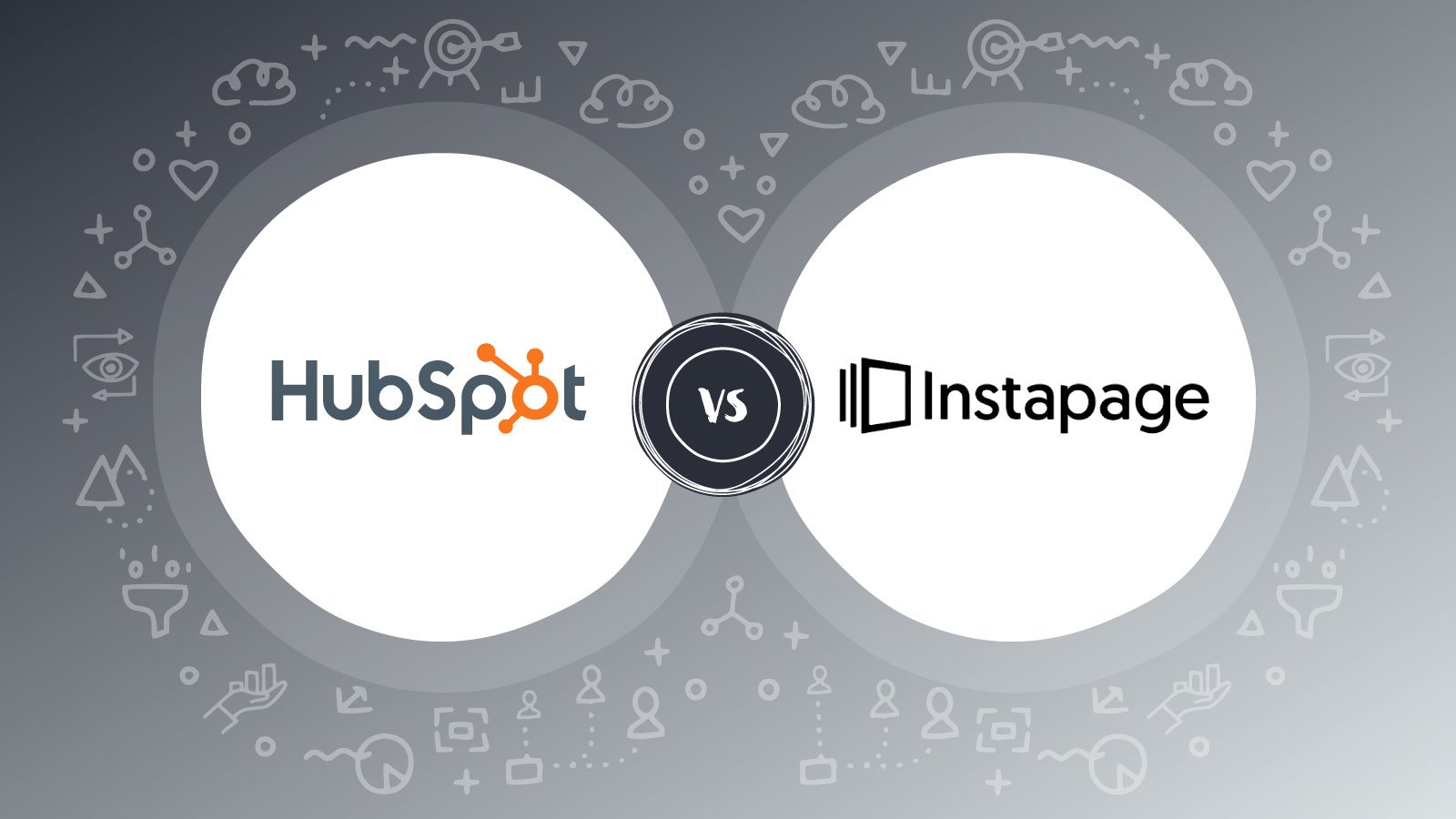As the primary window into what your business offers, where and how it operates, and why it's better than its competitors, you simply don’t exist in the mind of potential customers without a website.
These days, however, just having a website, with static content and outdated software, makes you just as invisible.
Back in the day, creating a website wasn’t always easy though - you needed skills to write the code, skills to make it attractive, and yet another set of skills to create compelling content. This is where content management systems (CMS) come in. A CMS enables you to quickly and easily build a striking and unique website, manage the architecture and usability, and regularly update it with valuable, relevant and customer-delighting content that helps you rank better in search and keeps your audience engaged and coming back regularly.
Companies typically use a CMS to:
- Create compelling web, mobile and omnichannel digital experiences.
- Deliver the right content and experience to the right user, at the right time through personalisation capabilities.
- Support advertising, marketing, sales, and service activities to enhance customer experience.
- Drive content cross-marketing across channels and campaigns for extended reach and optimum results.
- Enable faster, more efficient content marketing initiatives.
The popularity of CMS platforms has grown exponentially over the years, and continues to grow rapidly as more and more businesses embrace digital transformation. These staggering statistics shed some light on just how important CMS platforms are today:
- The global CMS market share will reach $123.5 billion in revenue by 2026. Its size was $35.9 billion in 2018, and the market is set to grow with a CAGR of 16.7%. (Review42, 2021)
- As of January 2021, there are more than 64.9 million live websites that use a CMS. (BuiltWith, 2021)
- Content marketing on a CMS platform can help increase conversion rates by up to 600%. (prepr, 2021)
- 94% of content marketers changed their strategy in 2020 as a direct result of the pandemic, significantly reshuffling their messaging approach and adjusting their editorial calendars. CMS platforms made this shift faster and easier. (Content Marketing Institute, 2021)
- The top three organic content distribution channels for B2B marketers are social media channels, email, and CMS websites. (Content Marketing Institute, 2021)
Now that you understand how critical it is to have a CMS to manage your website and content marketing, as well as create delightful customer experiences, which CMS is right for your business? In this blog we’ll compare two well-known CMS platforms, HubSpot CMS and WordPress, to help you decide.
What does HubSpot offer?
HubSpot CMS Hub is a cloud-based content management system that offers the tools both marketers and developers need to create amazing websites focused on the customer experience. Users can easily create content, optimise their site for conversions, and gain insight into performance all in one place.
What does WordPress offer?
WordPress is an open-source software package that must be installed, or configured on your servers, or using a third-party hosting provider. It’s basic interface includes content creation tools, but leverages a host of plugins for additional functionality like sitemaps, SEO, analytics, e-commerce, and more.
HubSpot vs WordPress - Which is better?
On your search for the perfect CMS platform for your business, it’s important to compare options to find the best fit. When stacked up against each other, both HubSpot and WordPress are considered market leaders and offer a wide variety of innovative content management features, so it can be difficult to choose one over the other.
However, let’s take a deeper look to see how they compare across some of the most critical CMS capabilities.
Integrated Features
HubSpot’s CMS Hub is part of the HubSpot CRM platform - a world-leading, fully integrated platform with built in tools for marketing, sales, service, web, and operations teams, plus hundreds of integrations fit for businesses of all sizes. Furthermore, the entire CRM platform has been built from the ground up by HubSpot. The result is a unified and consistent user experience where data, reporting, and individual tools are all similar and work in concert with each other.
One G2 reviewer writes: “The ability to manage ads, social channels, landing pages, website, blog, email - all in one place. All the tools are so well integrated it makes for a wonderful experience. There is a feature for almost anything you need, you can integrate with 3rd party apps and the reporting / analytics are super detailed, allowing you to benchmark your performance and easily set & track goals.”
WordPress is open source, which means the basic platform, with very limited features, is free. However, you will have to pay for plugins and solutions from third party providers to extend functionality in order to create an effective digital experience. Because each plugin is built by different software providers, custom development work is often required to avoid bugs and glitches, and to ensure that all the tools work together in harmony in order to provide any real value for your business. This not only makes WordPress harder for your business to implement, but it limits WordPress’ ability to scale with you as you grow your business, and ultimately results in additional and recurring costs.
One G2 reviewer comments: “Consider hiring a developer consultant if you can’t get to a point that you’re happy with. A lot can be changed in the code and with plugins but it’s hard to figure that out without some coding experience.”
Content Creation
HubSpot is uniquely dedicated to inbound marketing with a strong focus on content marketing. As such, CMS Hub is the top-rated CMS for mid-market companies, according to sites like G2. On offer in the CMS Hub are thousands of themes, plus the ability to build your own from scratch. In line with HubSpot’s consistent commitment to usability, you can easily create, modify, and add pages with drag-and-drop layouts. Furthermore, because CMS Hub is built on top of HubSpot CRM, you can create seamless digital experiences for your customers, and grow at scale on a single unified database.
Generating leads and increasing website traffic is just as easy with CMS Hub’s integrated blogging and landing page tools. With an easy-to-use interface that enables you to write, optimise, publish, and analyse blog content in one place, no plugins or extra software is required to deliver great looking content on mobile and optimise content for search engines.
WordPress is the most widely used CMS, and holds an impressive 34% share of all websites on the internet. Originally built as blogging software, it’s fairly simple to implement a basic website with text-based content creation capabilities. However, any layout changes or feature add ons will likely require additional resources or templates. When it comes to critical marketing features like A/B testing, live chat, SEO tools, and the like, you will need to install additional plugins and subscriptions that often come at a hefty price. On top of that, you might need to factor in the cost of custom development and other ongoing technical resource costs like security against attacks from third party software.
Search Engine Optimisation
CMS Hub includes a powerful SEO recommendations tool, as well as on-page SEO tools built into the blog, landing pages, and website page creation. With the content strategy tool, you are able to further optimise your content for search. It helps you discover what to write about, organise it into topics that build authority, and track the ROI of your content efforts. Additionally, CMS Hub has a native integration with Google Search Console, so you can inform your SEO strategy by leveraging data directly from Google.
One G2 reviewer comments: “The SEO and Blog sections are impressive. I search keywords, get suggestions, write a blog post, optimize for SEO, and publish on the website and social media, all from one place.”
WordPress doesn’t come with built-in SEO functionality, so you will need to install a plugin to add SEO tools. While there are a plethora of SEO plugins available, the free tools don’t add much value and the paid tools can be expensive. Remember though that adding more plugins means adding more complexity, maintenance and potential security risks that may require software management resources to be deployed as well.
One G2 reviewer writes: “SEO is hard to build unless you know exactly what you’re doing or have an agency helping you.”
Analytics and Reporting
Thanks to HubSpot CRM’s integrated features, all of the analytics you need for your CMS platform are natively included. This means you can easily track the performance of your website and data to measure the ROI, and discover insights that will help you improve customer experience continuously. For example, with CMS Hub it’s easy to build lists of contacts who have visited specific pages on your site, downloaded content offers, or interacted with you via live chat. This makes it possible to personalise the content you serve each of your customers on a very granular level. More advanced reporting is also available as your business grows.
WordPress is most commonly used with Google Analytics as a separate solution to achieve adequate reporting and analytics functionality. This is not ideal as it creates data silos where both solutions don’t work together efficiently enough to provide a complete report of performance or provide relevant insights that inform further actions to improve customer experience. WordPress does have a HubSpot for WordPress plugin that you might like for this purpose if you’re an existing WordPress customer.
Premium Hosting
CMS Hub is a SaaS CMS, which means it comes with standard SSL certificates, a web application firewall (WAF), a global CDN, and 24/7 security and threat monitoring, keeping your website safe and secure at all times.
As an open-source CMS, WordPress does not provide the same out-of-the-box security as HubSpot does, leaving your website vulnerable to a number of malicious threats and attacks. You’ll need to ensure that you provide the necessary security on your own, which costs time and money that could otherwise be spent on creating awesome customer experiences. Adding plugins also increases the risk of security threats, so ongoing assessments and maintenance will always be a reality.
Pricing

Ready to make a decision?
When compared by G2 reviewers, HubSpot came out tops for ongoing product support, and for feature updates and roadmaps. Reviewers felt that WordPress meets the needs of their business better. The overall rankings for both solutions are as follows:

Even though WordPress is the most well-known CMS on the market, for medium to large enterprises, it will mean having to employ additional resources and spending more money to extend functionality to a level sufficient for their needs. HubSpot has all the functionality needed for businesses of all sizes, and scales as your business grows. It’s ease-of-use and outstanding customer support are noted by reviewers across multiple sites, making it G2’s #2 Best Global Seller for 2021.
Looking for more guidance on your digital marketing? Our team is here to help, so contact us today!




